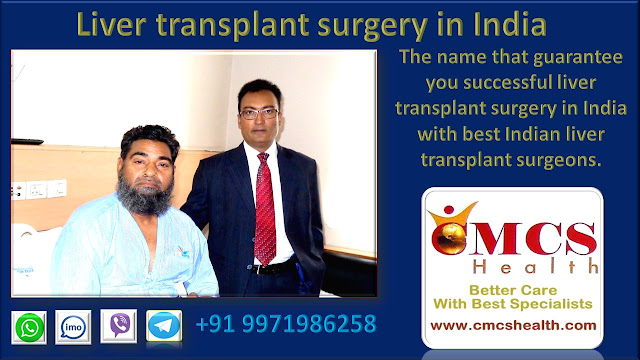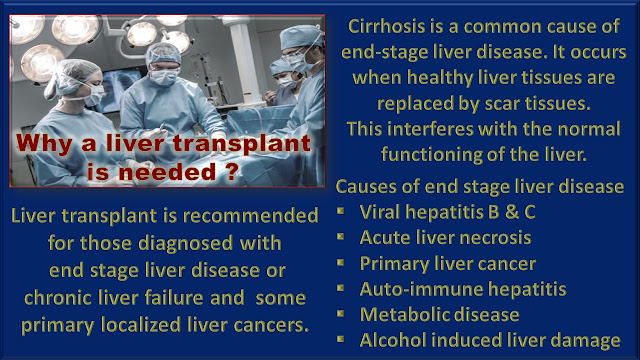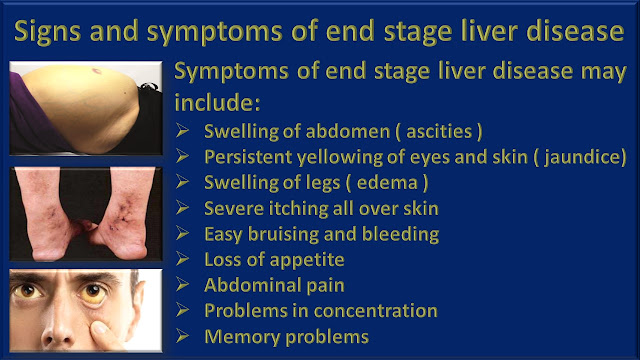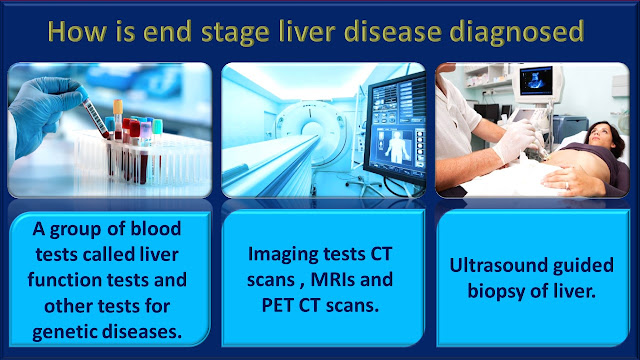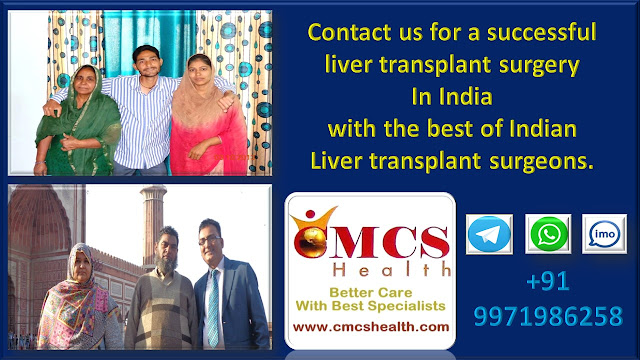Liver transplant surgery in India.
Liver transplant surgery is recommended for those who have an end stage liver disease , chronic liver failure or some primary , localized liver cancers.
Why a liver transplant is needed ?
Liver transplant surgery is recommended for those patient who are diagnosed with end stage liver disease due to chronic liver failure or some primary localized liver cancers.
Liver cirrhosis is a major reason for end stage liver disease. Cirrhosis usually takes place when liver tissues or damaged due to untreated viral hepatitis infections like hepatitis B & Hepatitis C,hepatitis A and hepatitis D, excessive alcohol consumption , damage to liver tissues due to an injury or exposure to toxins.
Acute liver necrosis is dying of liver tissues due to damage because of substance or toxins exposure , misuse or overuse of some medications like acetaminophen or paracetamol.
Auto immune hepatitis is an auto immune disorder where body's own defence mechanism start destroying liver tissues .
Certain metabolic disease and heavy alcohol consumption which leads to alcoholic liver disease also are the causes liver becoming cirrhotic.
Signs and symptoms of end stage liver disease:
Symptoms of a liver disease appear in advance stage.
The first symptoms of an end stage liver disease or chronic liver failure is swelling of the abdomen because of fluid buildup ( asities ) , swelling of legs is also observed in end stage liver disease patients (edema).
Persistent yellowing of skin and eyes due to jaundice.
Patients of end stage liver disease also have severe to moderate itching on skin.
End stage liver disease patients are also prone to easy bruising and bleeding.
Patients may lose their normal and complain of abdominal pain.
Many patients also have problem in concentration and memory problems.
Diagnosis of End stage liver disease or chronic liver failure :
When a doctor suspect an end stage liver disease or chronic liver failure he recommends blood tests including liver function tests and other genetic tests to know the cause of liver disease.
Imaging tests like triphasic CT scans ,MRIs and PET CT in case a cancer is suspected also helps in establishing the diagnosis of end stage liver disease.
At CMCS Health and Medicare Pvt. Ltd. , we are associated with the best of Indian hospitals , specialist doctors for correct diagnosis of end stage liver disease or chronic liver failure.
Once the correct diagnosis is established doctor may recommend a liver transplant , depending upon age and overall general health of the patient.
As deceased liver donor are not freely and readily available , living donor liver transplant are done for end stage liver disease , chronic liver failure and primary localized liver cancer patients.
Please see the video.

